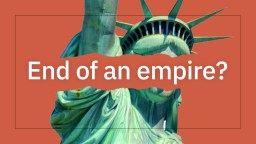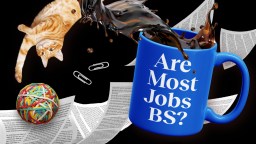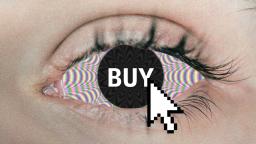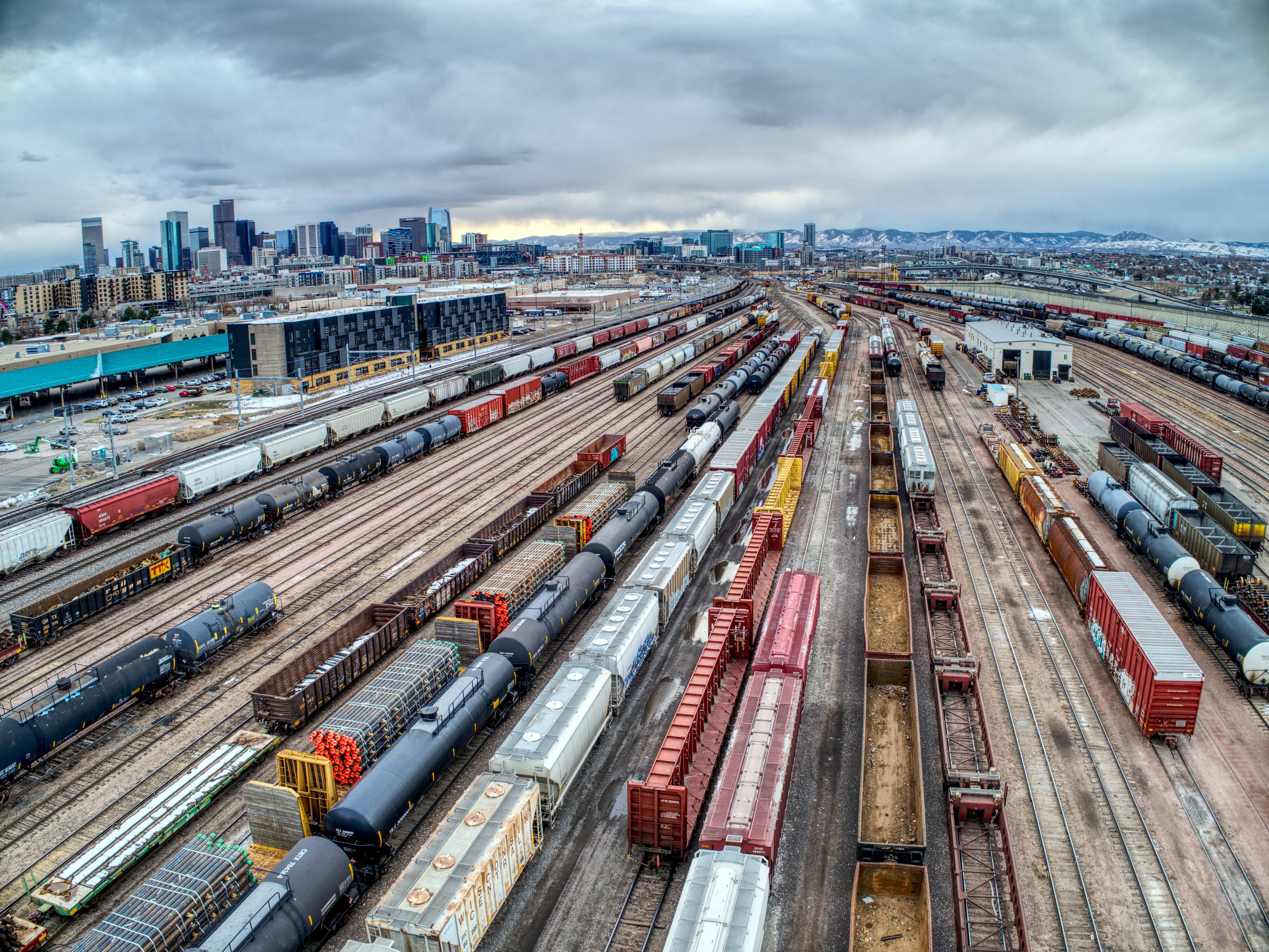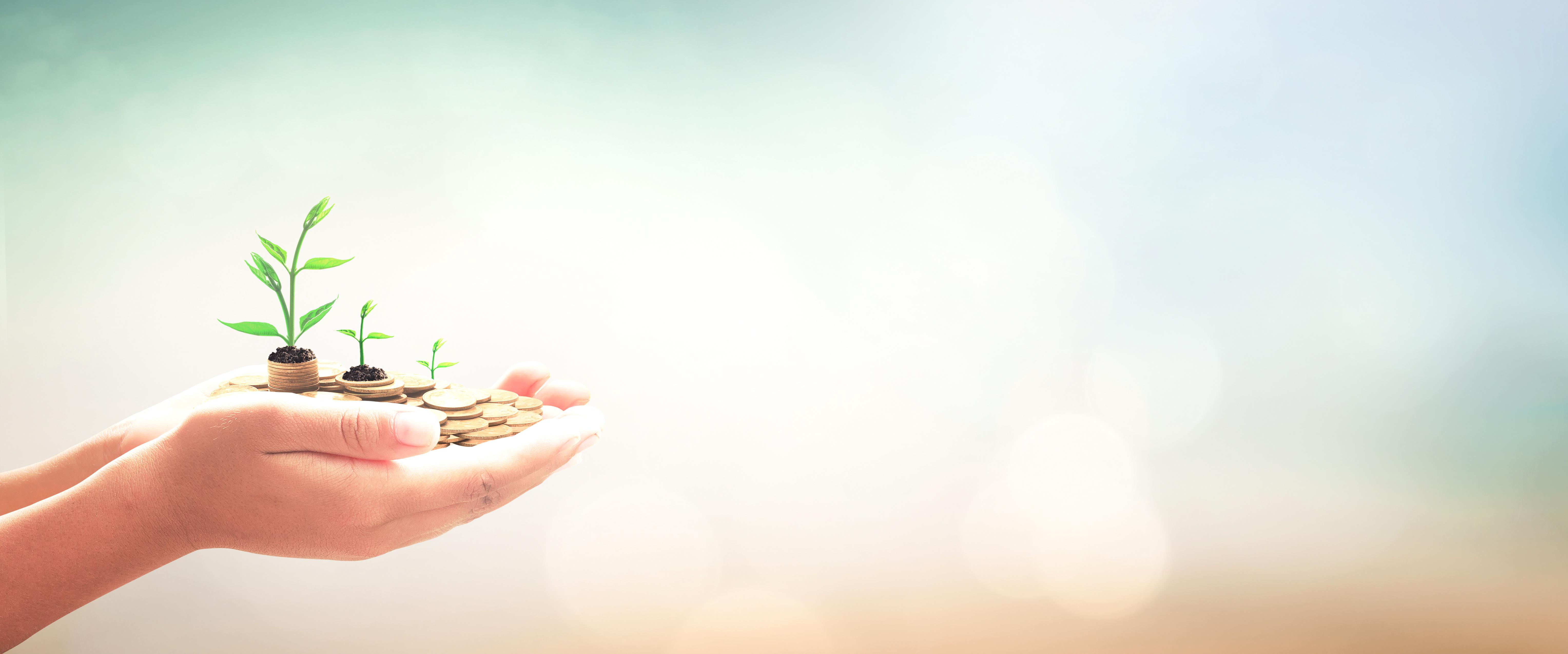Bill Drayton, the founder and CEO of social entrepreneurship firm Ashoka, thinks that doing business today relies on being as prismatic and as open as possible. That’s how you become, as he puts it, a “change maker.” The world doesn’t need more specialists, he posits, because well-rounded people open to new ideas and learning new skills can fit just about anywhere.
Bill Drayton: Maybe a good way to get into this is to ask: why are income distributions everywhere getting worse and worse, regardless of the nature of the economy, regardless of ideology? That’s just a fact.
And the second question: why do we have “us versus them” politics (and all the pain and disruption that causes) spreading and spreading across the world? So that’s another fact.
So this is not based on a personality or some economic peculiarity. There’s a deeper force at work.
So let’s start with some other facts. From 1700 to now, the rate of change and the degree of interconnection have both been going up, each feeding the other exponentially.
And the demand for repetition has been going down in a mirror curve. These curves have been going for 300 years, and we’re now at a point that much of the world is already functioning as an everything-changing world where you must be a “change-maker” to be able to play in this game. And those are skills that are almost exactly the opposite of the skills that were appropriate in a world organized around efficiency and repetition.
The old model was: you learn a skill – barber, banking, it doesn’t matter. And then you repeat it for life in workplaces with walls – assembly lines, law firms. And that world is basically gone, except a lot of people don’t know it yet.
And in the world that is all around us, the successful parts of the world, you have to have very different skills. You’ve got to be able to live in a kaleidoscope of contacts that are all changing and are interconnected. And you have to be able to see new patterns and come together in new teams and work with teams of teams.
This is very complex and it requires very specific skills. And the world is now increasingly divided by the new inequality between those that have the skills and are in the new game of change and those who don’t have the skills. And this is very bitter.
The people who are in the game are helping one another get better as it speeds up because that’s what you do with teammates. You need your teammates to be really good.
So that part of the world is getting better and better at a game that the other part doesn’t see, doesn’t have the skills, and is being pushed out. And we’re telling those people, “Go away. We don’t need you. It’s your fault. And by the way your kids don’t have much of a future.”
So why do we have income distribution getting worse? Because there’s a bidding war for the people who are change-makers, who are in the change game, and there’s going-away demand for people who don’t have those skills. Economics 101.
Why do we have us-versus-them politics? Because if you treat anyone—let alone large parts of humanity—in this really terrible way, “You can’t be a part of society; You can’t contribute; You are powerless”—This is terrible! This is what makes people profoundly unhappy. And of course you have opioids.
We have to tear down the new inequality and therefore the income inequality and this outrageous way of treating a large part of the population.
And the key is we have to help every single human being have the skills so they can contribute, so they can be powerful, so they are change-makers. That’s the heart of it.

